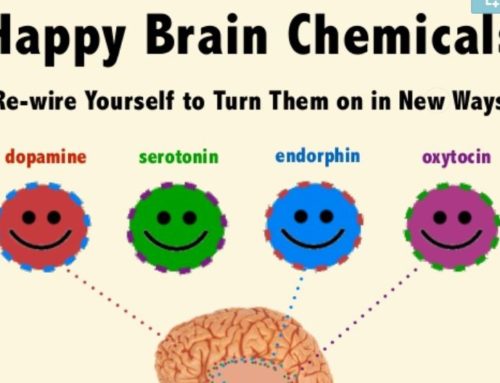REALITY
We cannot trust rules or technology, we trust people. So people need to know when they can break “the rules.” In weak organizations, people break the rules because they want to. In strong organizations, they break the rules because it’s important to. People can’t be so scared of “the rules” that they can’t do good things.
Humans are more successful because we learned to work together to be able to control our environment.
However, recently our lives have been trending away from cooperation. Too much dopamine and cortisol. The environment that is conducive to individual performance instead of cooperative success.
When our leaders give us something noble to be a part of. Some good reason to come to work. It gives us the power to do the right thing when they need us to make sacrifices. When the leader is willing to make the people the priority over profit, they will step-up and problem solve and work harder to make the company successful.
When we stay above the clouds, and rely on information handed to us instead of seeing the people for ourselves, not only does it make it harder to make the right moral decisions – it makes it harder to take responsibility for when we fail to do so.
We become leaders when we get to know our people. Of course not all of them. The more the merrier.
People try to use the internet to build relationships. We often try to use email as a method to spread out and simplify communication and the relationships we build. The internet can’t build deep, trusting relationships. Even if your serotonin tries to trick you. That’s just a like. Relationships only become real when we are face-to-face.
The differences between behavior of people on Facebook vs face-to-face exemplifies the difference in quality of human connection. Why do online groups have physical conventions? Because they know physical proximity builds relationships. A live concert is better than a dvd of a front row camera.
Real live human interaction is how we feel a part of something, develop trust, and have the capacity to feel for others. It’s how we innovate. It’s also why telecommuters don’t feel as connected to the company.



